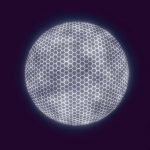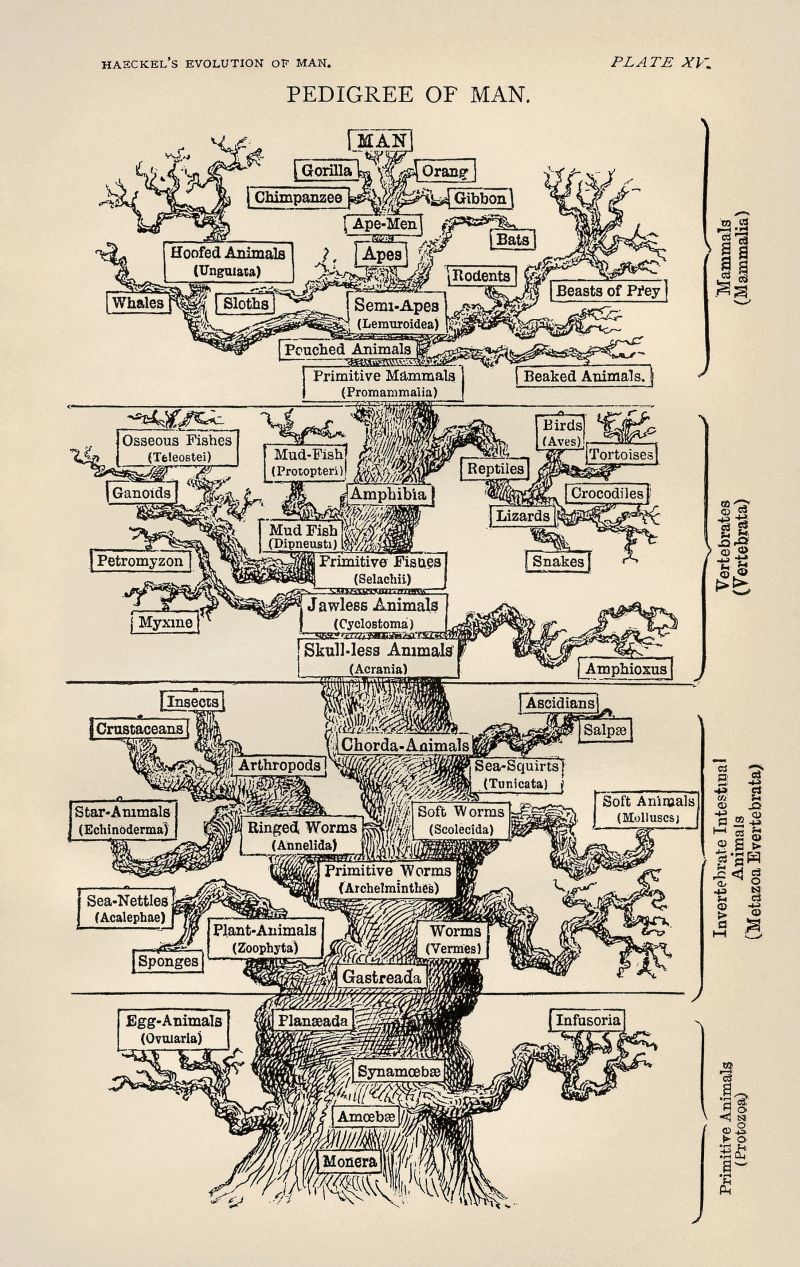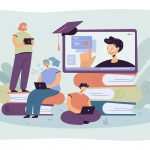Most of the visualizations we use to remember things are atomic. By atomic I mean that you cannot divide the visualization without ruining it, and connections to other visualizations are not as strongs connections within the visualization. Such visualizations are not a part of a story, and require complex mental structures. Beginners almost never use …
Associative connections in mental landscapes
Our memory and thinking are deeply associative. Associations are critical for creativity. However, there is no clear recipe for creating associations. Instead, I suggest several options you can mix and match. If you want to improve your memory using special and new methods based on an ancient memory technique, you should take my memory masterclass. …
Continue reading “Associative connections in mental landscapes”
Memorizing tables
Memorizing tables is hard. Fortunately, there are not many people that need to memorize many tables and not many tables that most of us need. There are some adaptations for regular mental structures and some specific memory structures which work best with tables. Please consider the pros and cons of each approach. Tables of contents …
More is less: add details to FACILITATE memorization
Many of my students try to remember a “marker” of just one word. This is a hard and counterproductive exercise. A word without any context is abstract. Remembering a chunk of multiple words in the same context is actually an easier task. In some sense the “random words” exercise is much harder than remembering actual …
Continue reading “More is less: add details to FACILITATE memorization”
Search vs discovery vs ChatGPT
Search vs discovery vs ChatGPT? If we want to research something online we have at least three distinct strategies. In search strategy, we formulate keywords and read the documents that matter. When we rely on discovery we go to the sources with authority and interest in the subject area, hoping to stumble upon some relevant …
Academic learning transforms us into autodidacts
Academic learning transforms us into autodidacts: Most of our knowledge comes from a combination of experience and information. The most appealing quality of information is its availability. However, we measure our lives in experiences. More reading materials available here, here, here, here, here and here. What is an autodidact Definition of autodidact is an individual …
Continue reading “Academic learning transforms us into autodidacts”
Visual Memory: Real Life Comics Heroes
Visual memory is much more than images that remind us of past events. They are our main tools to remember the past and predict the future. Our emotions, our physical wellbeing and our identity as human beings are also visual memories. Today you can read a lot. Read as much as you can here, here, …
Formal training and informal training
Do you need a professor with a syllabus or a coach with a keen eye? Which will provide a higher return on investment? Will you actually enjoy the training and what will you accomplish? Modern students have many great choices to make, and each choice can be very expensive. What is formal training Formal training …
Success at school: grades and cultural bias
There are basically two ways of defining school success. One can have high grades or a set of diverse achievements. Which is better? This is not a trivial question if we want to prepare a child for every challenge life is going to present. Let us consider the options. If your are interested in memory, …
Continue reading “Success at school: grades and cultural bias”
Accelerated learning misconceptions
What does common sense say about accelerated learning that is actually wrong? Quite a lot actually. Scientific research answers specific questions and can be misunderstood. There are so many gurus of accelerate learning out there, yet I have never seen someone as good as Anna. Why? What are the main misconceptions, and how can they …











